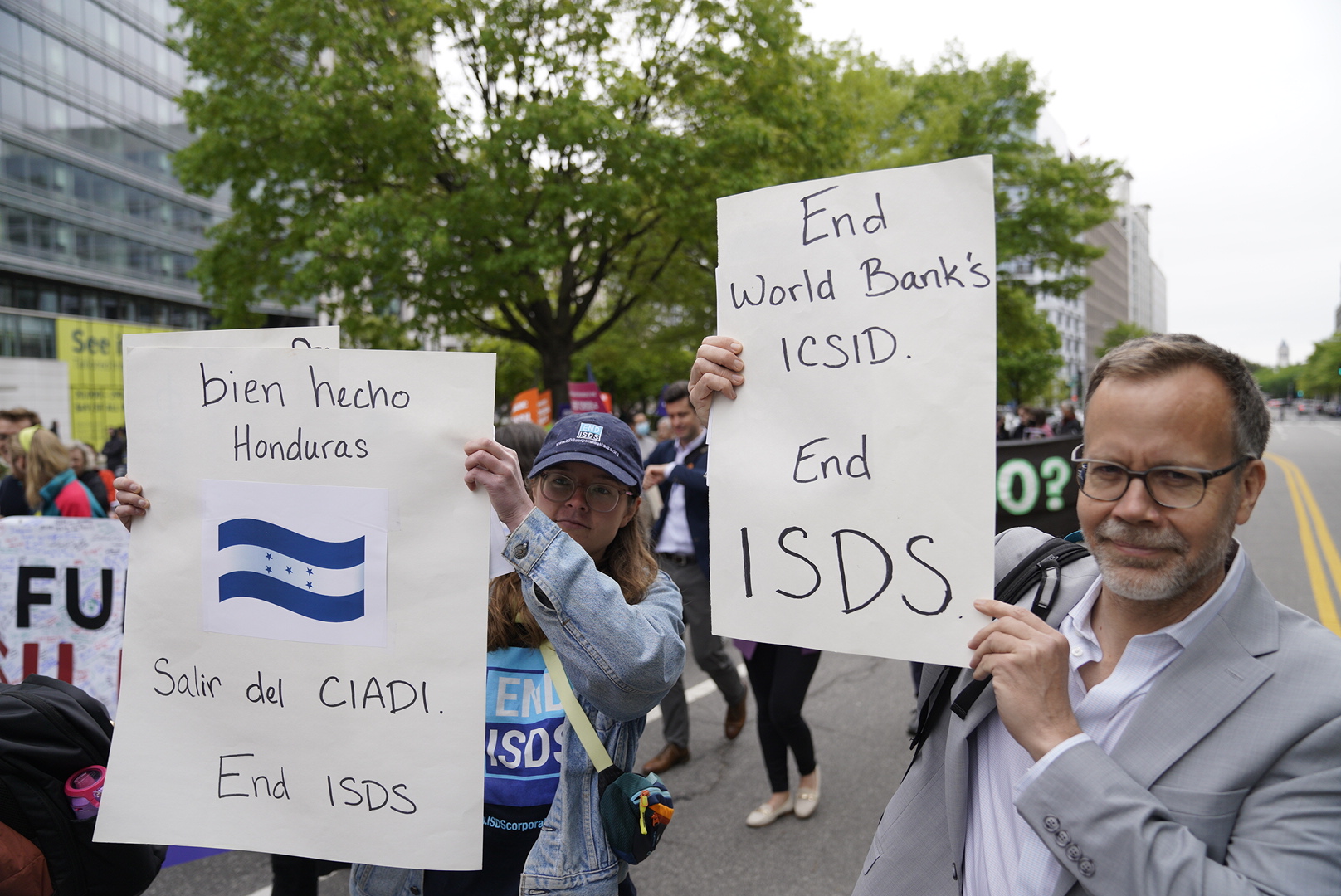The surge in ISDS damages paid to global corporations, mostly by poor countries
AFTINET | 8 October 2024
The surge in ISDS damages paid to global corporations, mostly by poor countries
October 8, 2024: A UN Trade & Development (UNCTAD) International Investment Agreements (IIA) Issues Note has highlighted the significant growth in damages in Investor-State Dispute Settlement (ISDS). The average award size grew tenfold in the past three decades.
IIAs comprise over 2,600 treaties, mainly from the 1980s-2000s, featuring broad ISDS access. ISDS damages awards, once low, have significantly increased, raising concerns over state finances and indebtedness, particularly for developing countries.
ISDS damages awards have grown significantly, with average payments increasing from US$25 million (1994-2003) to over US$250 million (2014-2023), excluding substantial interest. Large awards, such as the Tethyan Copper v. Pakistan case (US$4 billion), have raised concerns, especially for developing countries. High awards often involve predicted future profits, calculated through methods like discounted cash flow (DCF), which can be speculative. The increasing size of investor claims also contributes to rising awards, with the average claim reaching US$1.1 billion between 2014-2023. This surge is compounded by a higher number of ISDS cases overall, straining government finances.
As they often lack detailed guidance on assessing compensation for breaches, ISDS tribunals rely on the customary international law principle of "full reparation." This standard aims to restore the injured party to the position it would have been in had the breach not occurred. However, ISDS tribunals tend to adopt broader interpretations, especially in compensating future profits, and frequently use income-based methods like discounted cash flow (DCF), despite their speculative nature. These practices have led to higher awards compared to other international courts, raising concerns about consistency and the appropriateness of compensation for non-expropriatory breaches.
States are attempting to clarify, and limit damages and compensation rules in new IIAs to address ISDS concerns. These efforts align with broader reform initiatives aimed at sustainable development, enhancing States’ regulatory rights, and limiting ISDS access. However, slow progress in updating old-generation IIAs leaves significant gaps, leading to uncertainty and potentially excessive damages.
A report last week from the Institute for Policy Studies has laid bare how these cases have undermined democratic struggles in Honduras, one of the most impoverished countries in Latin America. There, multinational corporations are exploiting international trade agreements to file costly lawsuits against the Honduran government, undermining efforts to reform after a decade of narco-dictatorship. These suits, often linked to corrupt investments made under former President Juan Orlando Hernández, target policies aimed at protecting public welfare and environmental rights.







